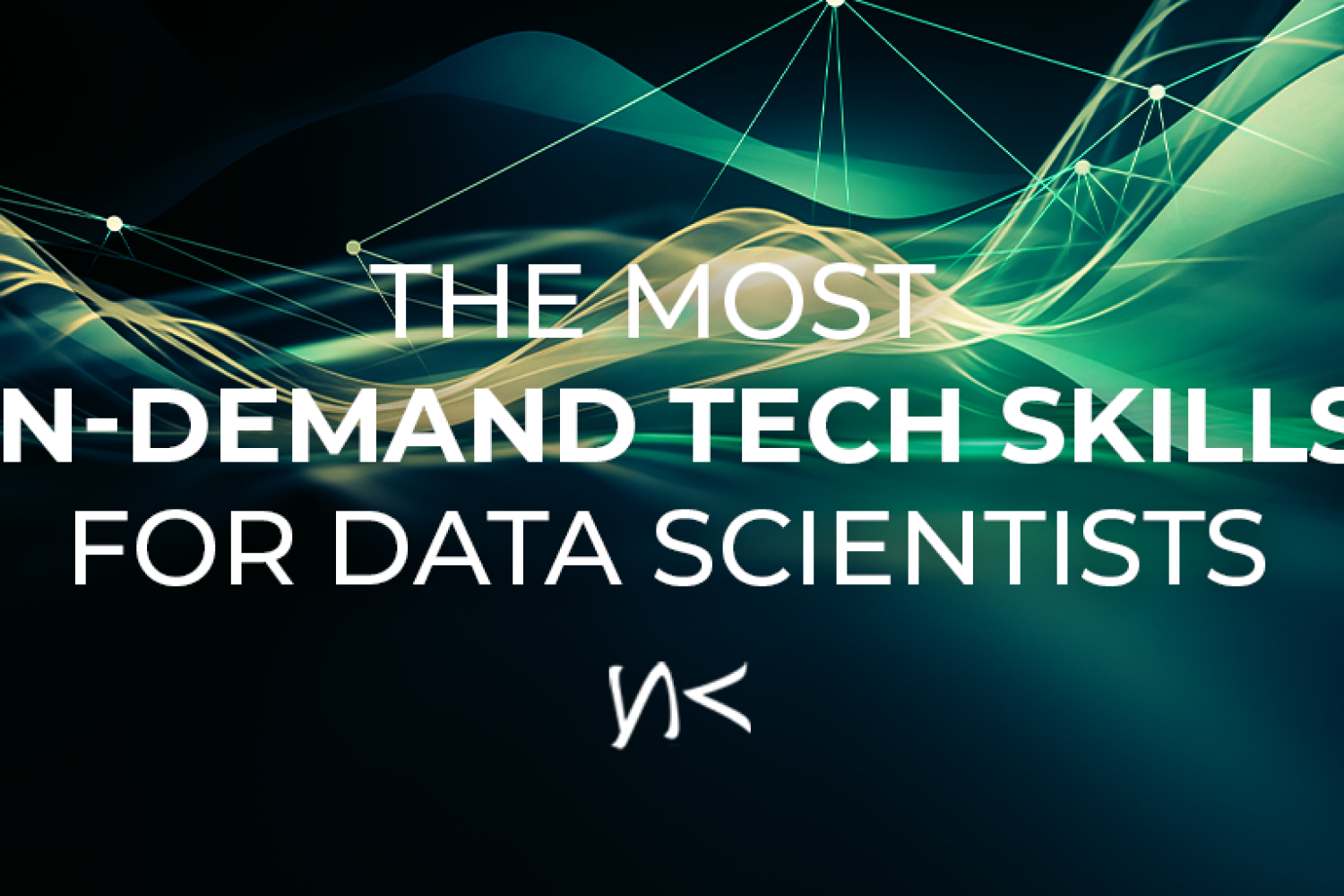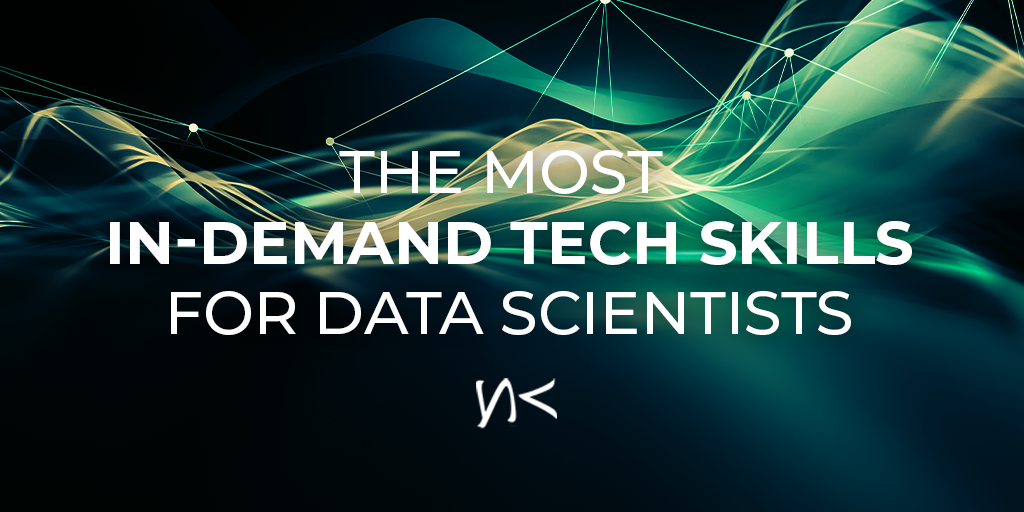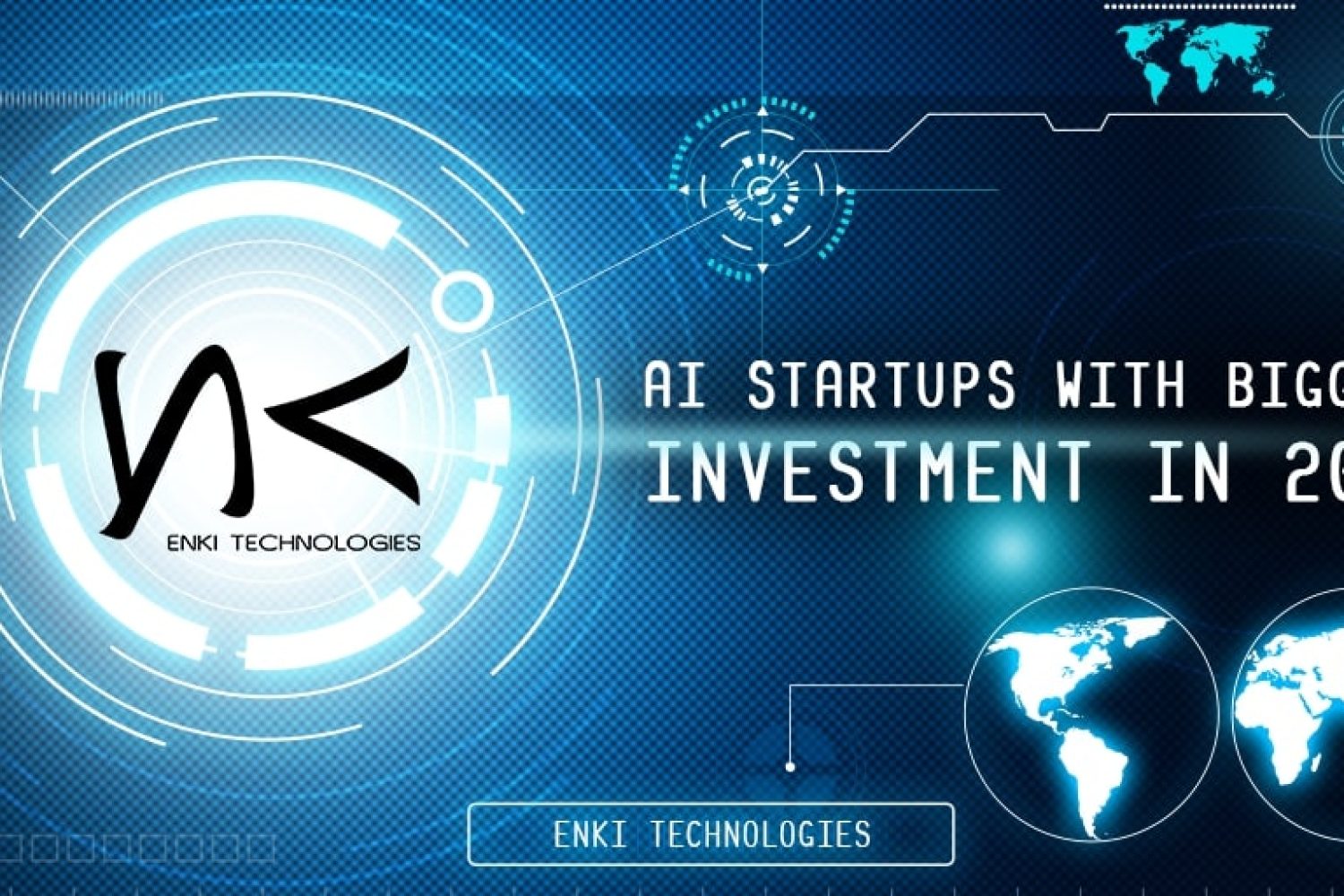There is no doubt that AI has become quite a popular tool for businesses to wield. Over the past twenty years, many industries have begun integrating AI and machine learning technology into their businesses, utilizing the capabilities of this smart technology to better their businesses. The financial sector is no exception. Many financial institutions and FinTech companies were early to adopt AI. They recognized the potential in the technology to save their businesses money and allow them to operate more efficiently.
In 2019, the global FinTech market was valued at over $5.5 trillion. Over the next five years, its CAGR is expected to increase by 23.58%. This incredible industry growth is mainly due to the integration of AI, machine learning, predictive analytics, and other innovative technology to solve major industry problems.
Improve Customer Service
Before adopting AI on a large scale, many financial institutions like banks dealt with expensive operating costs and customer dissatisfaction with their services. AI has aided FinTech in solving complex problems by allowing companies to process more data and tailor their strategies to optimize consumer needs. It also enables FinTech to lower overall operating costs as well. By integrating more data into their practices, FinTech can reduce costs for customers, offering them precisely what they need with less hassle. In addition, AI’s ability to process data quickly gives companies much more insight into potential customer behavior and needs, allowing them to make better decisions earlier and faster and simplifying the process for customers.
AI-powered chatbots on websites and apps allow more customers than ever to access the resources they need to resolve their issues and get results in a timelier fashion. FinTech companies can learn from customer interaction with smart technology, which allows them to better market and deliver results to customers.
AI can even be programmed to help customers make smarter financial decisions. For example, digital assistants that specialize in finance can help track spending and saving. Then, utilizing the information they are given, they can create a financial plan for the customer, showing them exactly how much they should spend and save to make the most of their finances.
For many years banking customers were unhappy with the way banks did business. The process of banking could often be long and arduous, leaving customers confused. Before integrating AI into banking, banks would offer services that customers didn’t need. Customers would even end up paying for expensive services they didn’t want because the banks lacked insight into the unique needs of individual customers. With AI, banking for the average customer is a much easier and more accessible process. For example, customers can conduct their business almost entirely online. In addition, banks utilizing the power of predictive analytics can target customers more directly and provide them with the necessary services they need, avoiding the hassle of a complicated process and reducing the overall cost to the customer. AI has also allowed banks to expand their global reach, as the internet enables them to conduct business efficiently and effectively regardless of time zones. FinTech powered by AI also reduces the need for lengthy paperwork as more business is conducted digitally.
Maria is a writer at Enki Tech, a Downtown Santa Monica technology company that specializes in the development of high-quality, user friendly software, web platforms and mobile apps.














